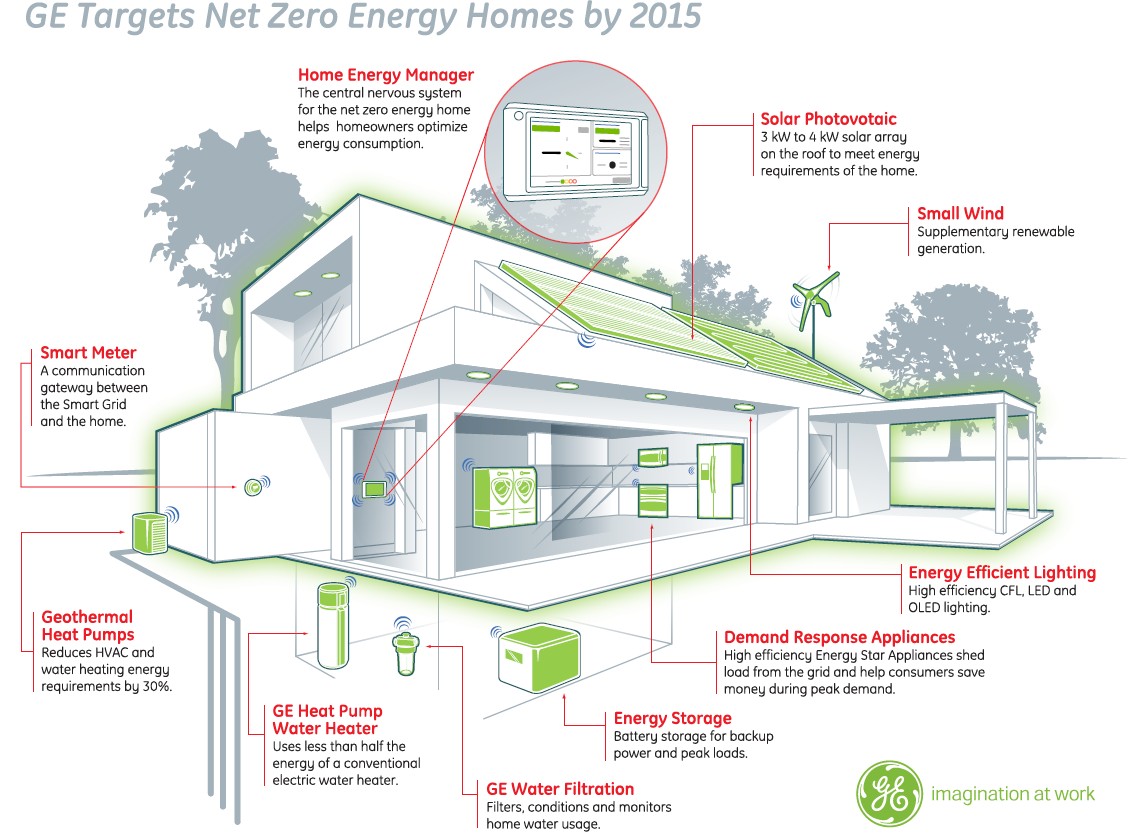What Are the Most Common Heating Systems for New Homes?
The choice of heating system is crucial to ensure that a new house complies with the latest standards in force.
The most common solutions in new construction are:
– condensing gas boiler
– the heat pump
– the pellet stove
– electric heaters
The condensing gas boiler combines efficiency of more than 100% with meagre energy consumption, and the return on investment is swift.
The heat pump works mainly with renewable energy. This heating system is available in air/air, air/water, water/water, or ground/water. In most cases, the heat pump can be connected to a central heating system. There are also hybrid boilers, which include a condensing gas boiler and a heat pump.
The pellet stove offers excellent energy efficiency. Depending on the house’s configuration, it can be used as a main or supplementary heating system.
Smart electric heaters can be compatible with the new standards if the house has at least one renewable energy source. This low-cost solution is mainly present in warm regions where heating needs are minimal.
What are the constraints for the heating of a new building?
For nearly a decade, new buildings have had to comply with thermal regulations. This regulation defines an energy consumption threshold of 50 kWh/m2/year. You will have to justify the compliance of the construction with the regulation by two certificates to be attached to the building permit, one at the time of filing, the second after the completion of the work.
For more performance, here is a tip for using coherent sets. For example, you can combine a wall-mounted condensing boiler with a thermodynamic water heater and a single-flow controlled mechanical ventilation. If you opt for a pellet stove, you can combine it with a heat pump or solar panels.
How to choose a heating system for a new house?
![]()
In all cases, the heating system must be an integral part of a global study on the scale of the dwelling. Multiple parameters influence the energy performance of a new house, including
– its location (orientation, geographical area)
– its surface area and layout
– its insulation
– its ventilation system
– the number of occupants
Only a detailed thermal study can help you choose the ideal solution for your house, whether it is for the insulation method, the heating or the production of domestic hot water. These different parameters form a whole that allows you to evaluate whether or not the construction complies with Canadian standards.
Who should I contact to get professional advice?
You can generally choose between several options, depending on your performance objectives and your budget. The most important thing is that the construction is carried out by a competent company, especially if you are having a heat pump or solar system installed. If you are managing the construction yourself, you can contact a thermal design office, which will help you define the best choices for heating, hot water production and ventilation.
Hopefully, the information in this post should help you decide on which heating systems you will require for your new home. Please remember to share your experience in the comment section below.
You can read some more interesting posts here:
– 9 Ways To Reduce Your Hydro Bill In Ontario
– How To Reduce Energy Consumption For Heating
– Pros and Cons of Installing a Central Heating Circulator (Or Circulating Pump)
– Which Air-To-Water Heat Pump to Choose?
– What Are the 2 Operating Modes of a Heat Pump
– What is Instantaneous Hot Water?
– How to Choose between High or Low-Temperature Heat Pump?

